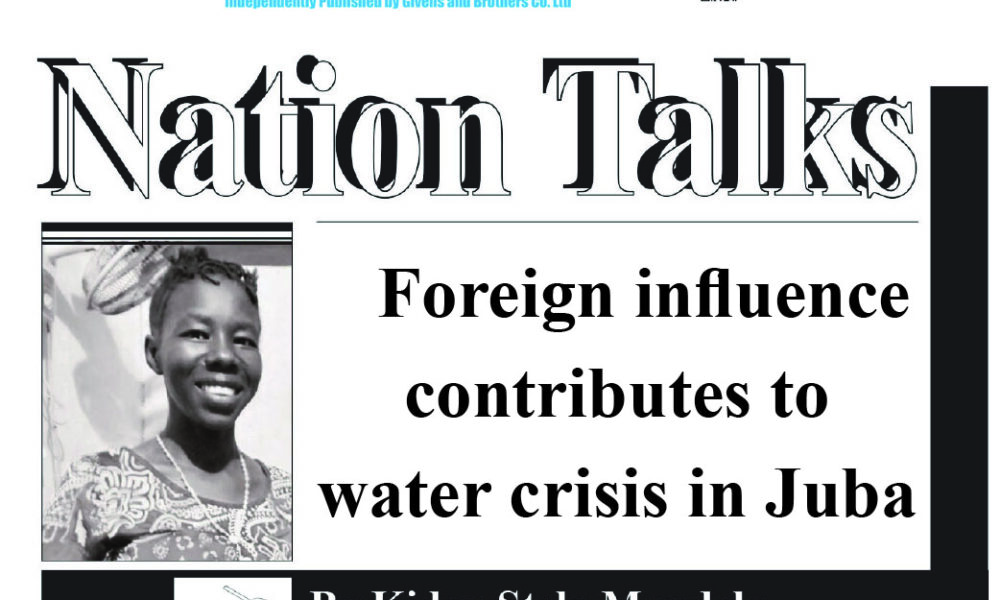Last week, the Mayor of Juba City announced new pricing for water, setting rates at SSP 2,500 for areas near the ponds and SSP 3,500 for more distant locations.
However, since this announcement, little has changed. Prices for water remain high, as foreign-operated water tanks continue to dominate the market, leaving residents with limited options and no voice in the matter.
Many of these water tankers are owned by individuals with government ties. When accidents occur involving these tankers, the accountability often falls on the drivers rather than the powerful individuals behind them.
While the Mayor’s decision was welcomed by residents, the lack of effective implementation has rendered it ineffective. Without enforcement, it becomes just another empty promise, similar to the ramblings of a drunken person—loud but lacking substance.
On the same night of the Mayor’s announcement, water suppliers held a meeting to discuss how to sidestep complaints. This shows how political interests are jeopardizing the welfare of ordinary citizens.
The government’s failure to address these issues indicates a disconnection from the struggles of the populace. The focus seems to be on wealth accumulation rather than the well-being of the people. Water tankers operate as if they are above the law, protected by their connections to powerful figures.
The government’s role should be to invest in infrastructure that connects water directly to households, alleviating the ongoing crisis rather than merely profiting at the citizens’ expense.
Despite South Sudan’s abundant resources, much of the wealth remains concentrated in the hands of a few, leaving the majority to suffer.
Questions arise: What has happened to the projects aimed at connecting water to households? Has the government abandoned these initiatives? Are all states and counties included in these plans? Moreover, why are water tankers driven by foreigners who often intimidate local citizens? South Sudanese people find themselves voiceless, trapped in a system that seems to prioritize foreign interests over their basic needs.
This situation will not earn the government any favor with the people; it is a failure on multiple fronts.
I appeal to the government to implement connecting pipes to the households otherwise time will come for citizens to write their stories and to regulate all the prices in the market.
God protect South Sudan.
Be right there!




